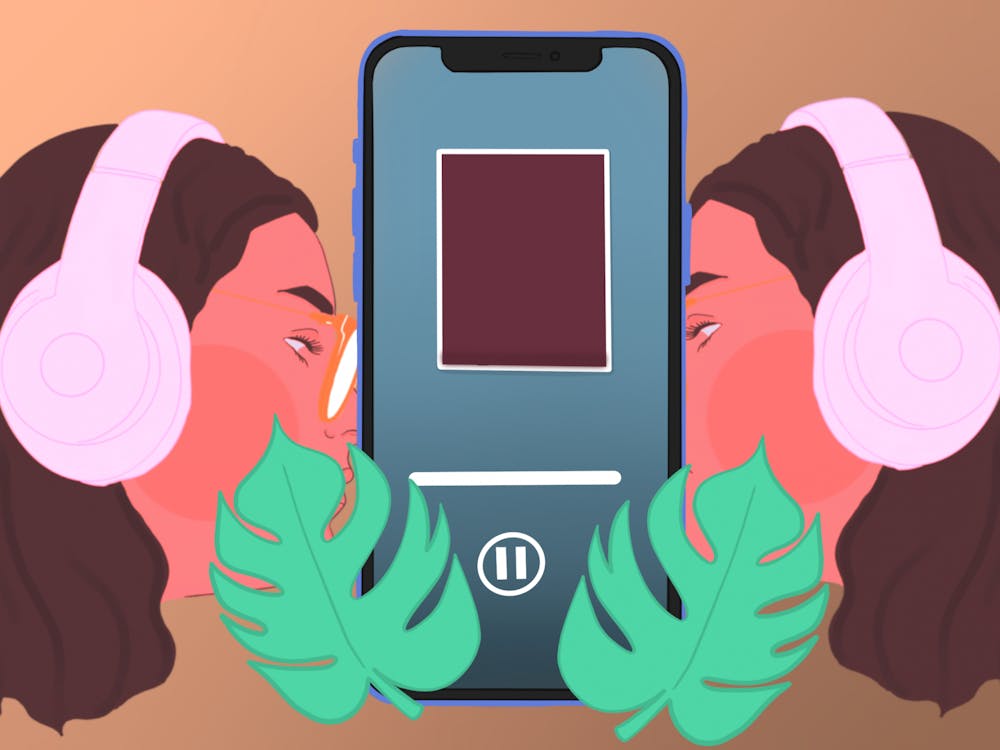The very first step to the birth of any podcast is determining what to talk about. To help decide, ask yourself: why do I want to start a podcast? What topic would I like to focus on? Once you have a concept in mind, write down a list of at least 10 potential episode ideas. Part of producing a podcast is creating consistent content.
If you do not have enough to talk about on your subject, you will quickly run out of episode material. Determine who your target audience will be. Whom would you like your podcast to reach? College students? Middle-aged women? Knowing your audience will help build a strong following. Here are a few tips to get your own podcast started:
Invest in equipment
You technically don’t need more than a smartphone to record a podcast. However, it won’t sound excellent. If you want to create a quality podcast, it is smart to invest in equipment. A microphone and computer are the two essential components for beginners. A microphone will provide good quality sound for your listeners. A laptop comes into play when editing the audio and storing recordings.
Start with basic equipment and see how your podcast goes. Then, once you decide you are committing to the podcast, invest in more advanced pieces. Extra equipment additions include an audio interface mixer, closed-back headphones and pop filters. Check out this website for more detailed equipment brand recommendations.
Engage your audience
After establishing your target audience:
- Keep them engaged.
- Create a social media page promoting your podcast.
- Keep your followers up to date on new episodes or upcoming guests.
Social media also provides a way for avid listeners to get a glimpse of the person behind the mic. Potential listeners can skim your social page and be drawn into listening. Ask them questions, get them involved in your creative process and build a connection. Engaging your audience is key. After all, behind every successful podcast is a substantial audience.
Determine the structure
What will be the format of your podcast? Is it conversational? Will you interview a new guest each episode or tell stories? Determining your structure will help create consistent content and build a successful podcast. If you plan to interview many guests, brainstorm a list of potential candidates.
As for the design aspect, your podcast needs a name. The name should hint at what the podcast is about. The podcast cover art is an essential aspect of drawing in listeners. The name and cover art are the first things potential listeners see. Make it eye-catching and appealing to your target audience.
Use podcasting software
When you are serious about getting into the podcast scene and want to move to the next level, invest in podcast software. Software such as Podcave takes the stress out of recording a podcast. Podcave is an innovative platform where you can plan, publish and promote your podcast all in one place. After the 30-day free trial, the software costs money. But you cannot put a price on the time and stress you will save and the growth you will gain from Podcave.






